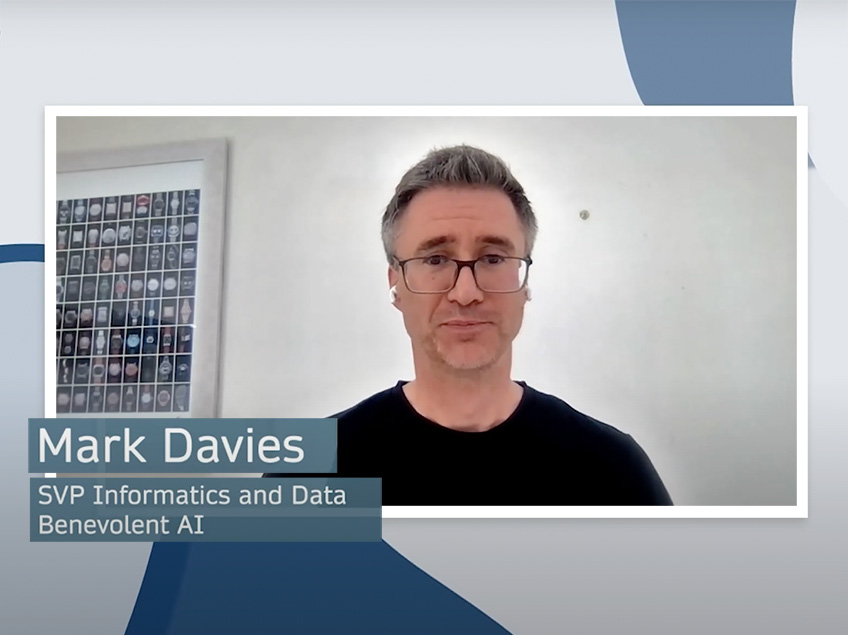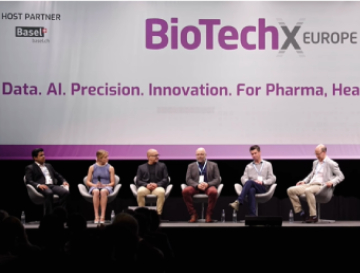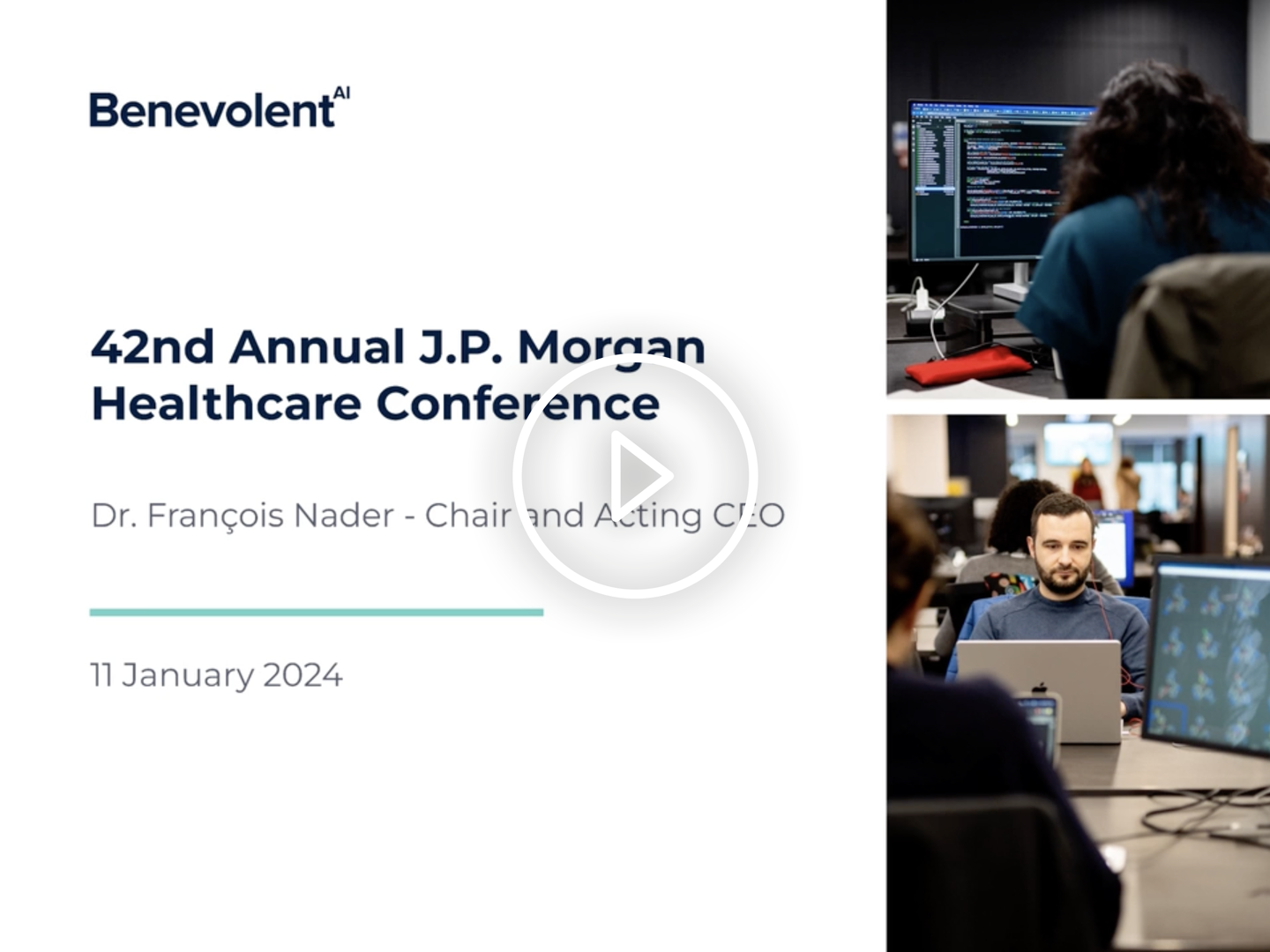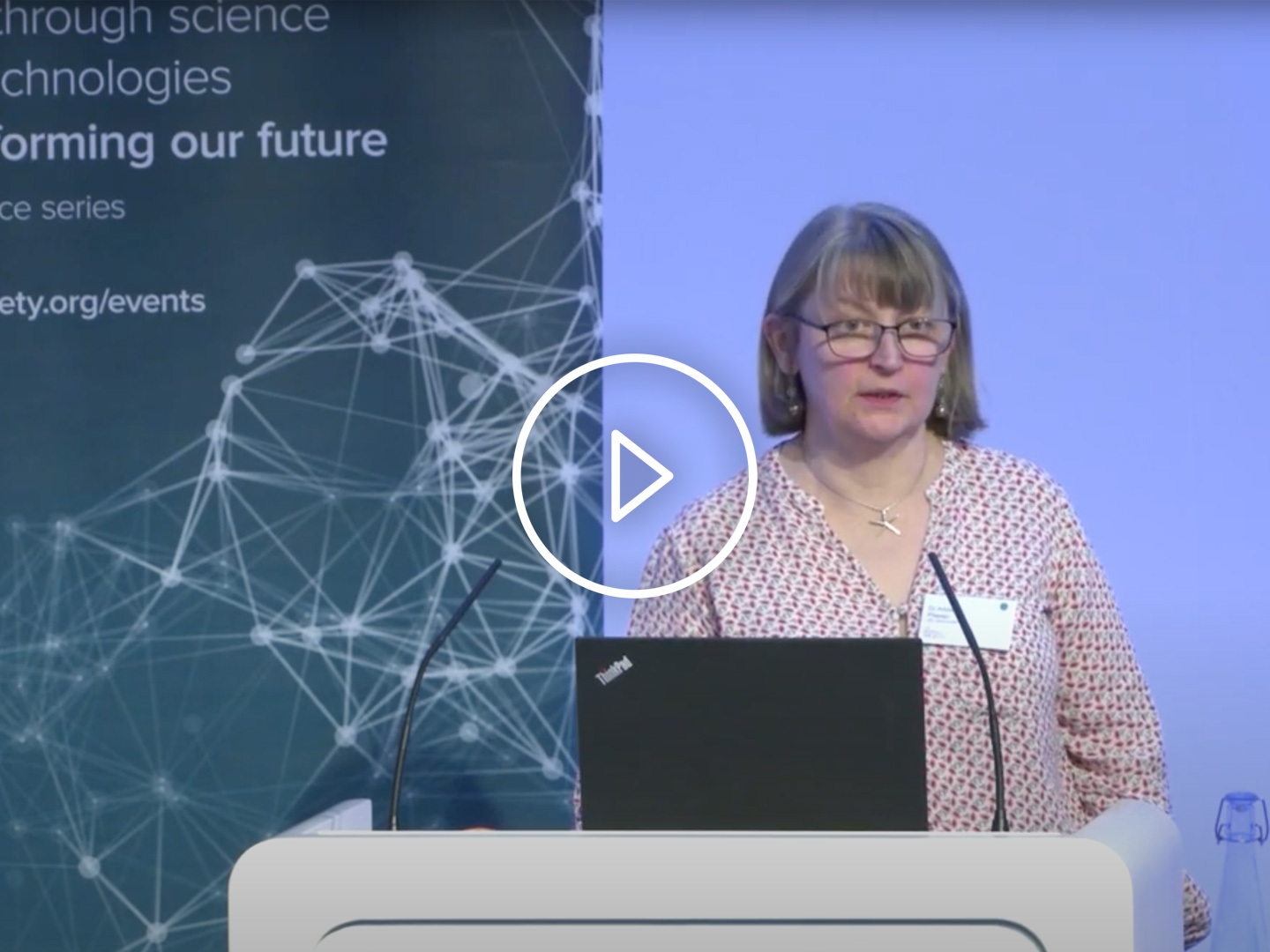 SVP Informatics & Data
SVP Informatics & Data
Mark Davies, SVP Informatics and Data, joined Springer Nature to discuss how BenevolentAI leverages scientific literature, as well as other data types, to expedite drug discovery.
Recently, Springer Nature and MassBio hosted a summit at the MassBio Hub in Cambridge, Massachusetts focused on text and data mining, featuring a keynote interview delivered by Mark Davies. In the interview, Mark discusses some of the steps BenevolentAI takes to acquire, process and integrate a wide variety of data sets and types in our machine learning models to improve our drug discovery capabilities, particularly in identifying novel targets for diseases with high unmet medical needs. He also highlights the importance of the scientific literature as a data source, and how our teams extract relationships from such data using natural language processing.
Back to blog post and videos





